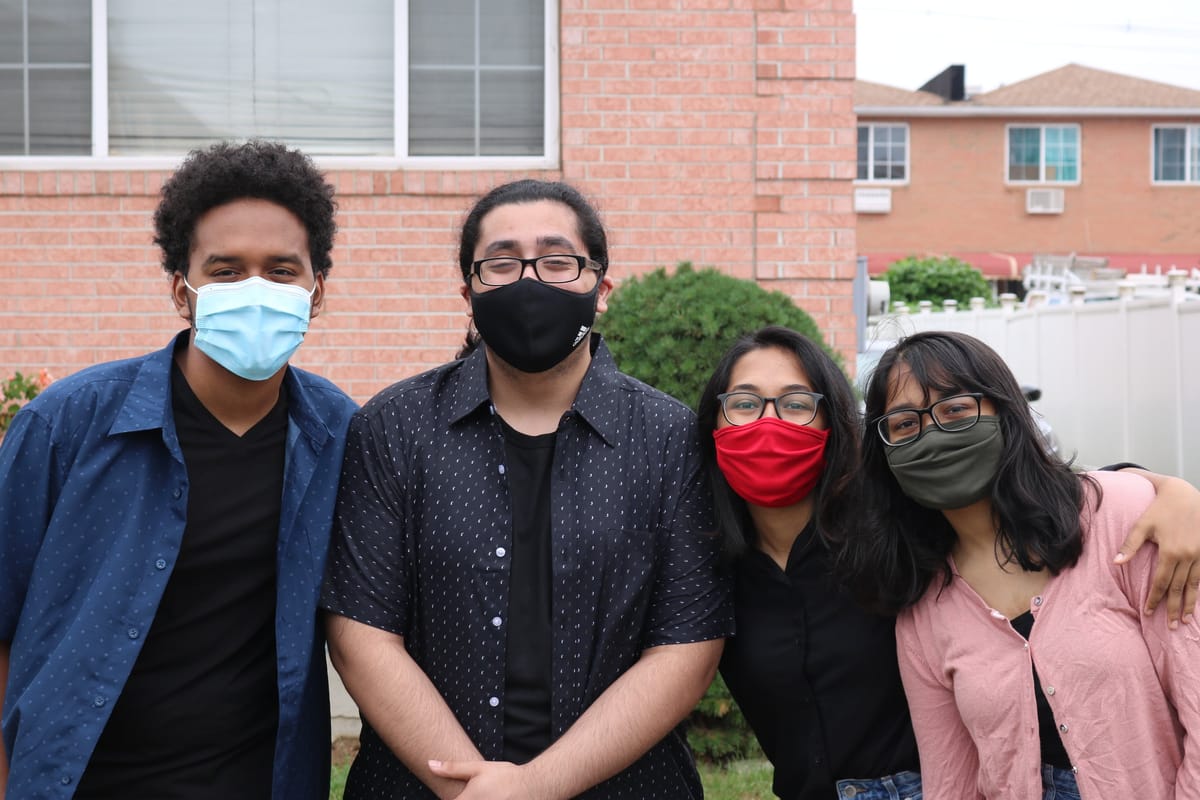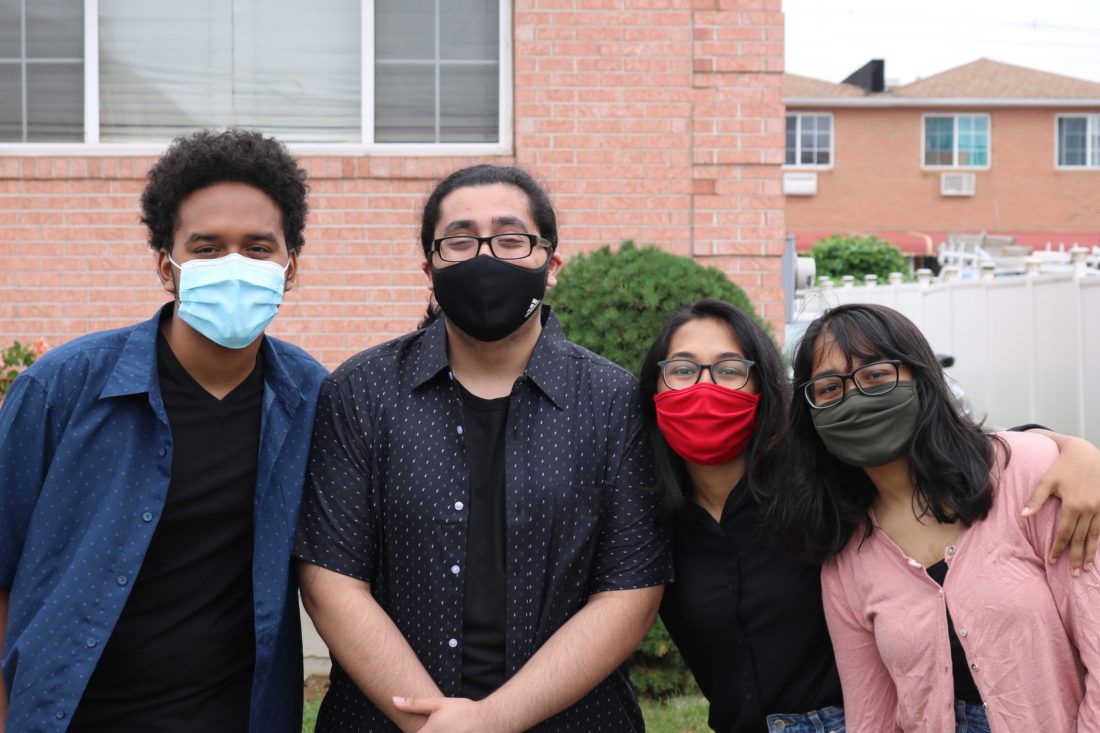A New Virtual Learning Program For Kids Stuck At Home


CampComputer, a free, two week-long virtual education program catering to rising fourth-and fifth-grade students across the city, was created out of necessity. The college-age creators watched their younger siblings – many of whom are in elementary school – quickly run out of things to do, forced to spend a summer indoors without their friends and without many of the kid-friendly activities the city once offered in spades, pre-pandemic.
“I got design inspiration from my brother – he’s in elementary school, and after school ended in like June for them, there was really nothing for him to do,” said Cintia Shamsu, a rising junior at CUNY Baruch College and the Project Lead of CampComputer.
The places Shamsu would typically take her brother over summer vacation – like museums – were off limits due to the pandemic. With a background in coding and web design, Shamsu turned to the idea of virtual learning.
“I realized I could do it on a larger scale for more kids, in my community especially,” she said.
Shamsu enlisted the help of her friends. Jamal Tabidi, a rising sophomore at New York University, helped design classes, as well as conduct outreach and marketing. The classes and workshops offered through CampComputer are entirely volunteer-led: college-age volunteers run them, while high school-age volunteers — whom Shamsu met through some of her old teachers — assist. All volunteers have tutoring experience, Shamsu said.
The schedule includes review classes in core subjects like STEM, art, and English, but also workshops designed to introduce students to skills like yoga, coding, and origami – activities that, Tabidi told us, will hopefully spark further interest.
“It’s stuff that will give them insight into future hobbies that they might be interested in,” he explained.
Classes also touch on physical health — introducing kids to topics like nutrition, exercise, and even COVID-19 — as well as social and emotional health.
The latter, Shamsu believes, are the most important part of CampComputer. The classes teach students to set goals, manage emotions, and to have empathy — all of which are important, she said, because “emotions are directly linked to cognitive processes, one of which is learning.”
Accessibility is also a crucial aspect of the program, Shamsu explained. Students need to have access to a PC or tablet, as well as to G Suite, in order to participate – but beyond that, the program is open to everyone.
“There’s a lot of summer camps and tutoring centers that I saw in NYC, but a lot of them are inaccessible to families – like mine for example.”
Accessibility in a camp or summer program, Shamsu explained, requires not only physical accessibility – something that has been severely impacted by the pandemic, rendering group activities, as well as travel, both risky and logistically difficult – but to cost as well. Shamsu grew up in an underserved community in Brooklyn, she said, where the cost of summer camp prevented her – and many of her neighbors – from attending when she was younger. Her experience with group learning, therefore, came almost entirely from school.
“I feel like that was really, probably, the most important [part] of school – not just the work, but the social aspect,” she said. “For me, that’s how I learned, like how I learned to think, and how I’ve grown,” she said. CampComputer, she hopes, will offer kids the social experience they’re currently missing out on.
The CampComputer schedule includes three hours of sessions per day, four days a week, for two weeks. There are 20 spots currently available, which may increase to 25 depending on resources and the amount of interest they receive. Applications for slots are open until August 7th, after which students will be selected by lottery.



